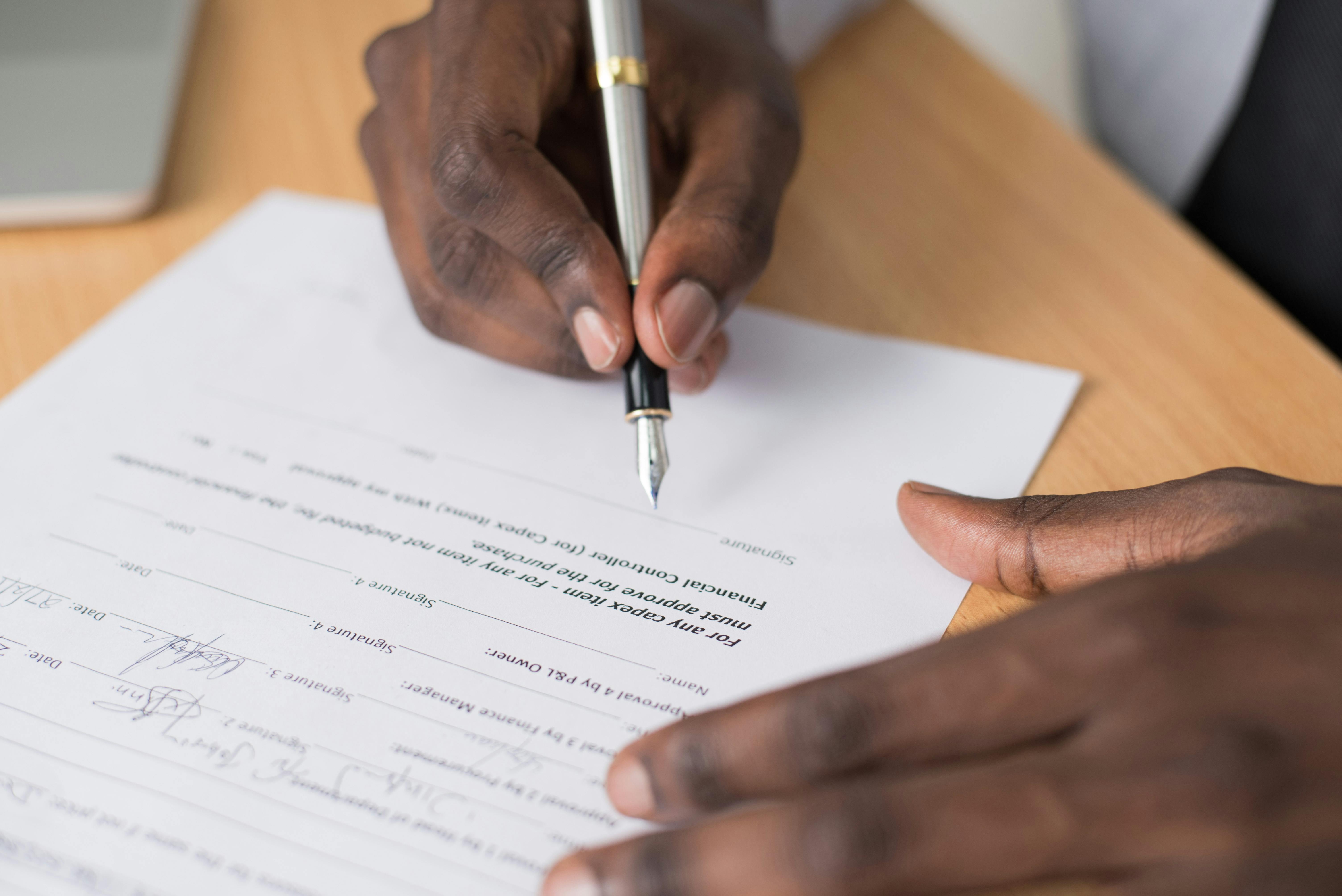Musicians Performing Overseas
Essential Documents for Musicians Performing Overseas
When musicians plan to perform overseas, it is crucial to ensure that all necessary documents are in order to avoid any legal issues or delays. Below is a comprehensive guide outlining the essential documents musicians need for international performances.

1. Passport
A valid passport is the most fundamental document required for international travel. Musicians should ensure that their passport is not expired and has at least six months of validity beyond the intended stay. It’s also advisable to have a few blank pages available for stamps and visas.
2. Visa
Depending on the country of performance, musicians may need a specific type of visa. These can include:
- Tourist Visa: Suitable for short stays where performances are unpaid or considered non-commercial.
- Work Visa: Required for paid performances. The process can vary greatly between countries, so it’s important to check specific embassy guidelines.
- Cultural Exchange Visa: Some countries offer visas specifically for cultural exchange or artistic performances.
3. Work Permit
In addition to a visa, some countries require a work permit for musicians. This document grants permission to perform and earn money in the host country. It’s crucial to apply for a work permit well in advance, as processing times can vary.
4. Invitation Letter
An invitation letter from the event organizers or venue can support visa applications. This letter should outline the purpose of the visit, details of the event, and any financial or logistical support provided.
5. Performance Agreement or Contract
A contract between the musician and the event organizers specifies terms such as performance dates, fees, accommodation, and other arrangements. This document is vital for clarifying expectations and responsibilities.
6. Carnet
For musicians traveling with instruments and equipment, a carnet (an international customs document) is recommended. It allows for the temporary importation of gear without paying duties and taxes. It’s essentially a passport for your instruments.
7. Health and Travel Insurance
Comprehensive health and travel insurance is essential for covering medical emergencies, trip cancellations, and lost or damaged equipment. Musicians should ensure their policy covers the specific needs of their tour.
8. COVID-19 Documentation
Due to ongoing global health concerns, many countries require proof of COVID-19 vaccination or a negative test result. It’s important to stay updated on the latest health requirements for each destination.

9. Financial Documentation
Some countries may require proof of sufficient funds to support your stay. This can include bank statements or a letter of financial support from sponsors or employers.
10. Local Permits and Licenses
In certain locations, additional permits may be required for public performances. Musicians should verify local regulations with event organizers or local authorities.
By ensuring each of these documents is prepared and in order, musicians can focus on delivering memorable performances without the stress of administrative hurdles. Planning ahead and consulting with relevant authorities or professionals can further ease the process.
Musicians Performing Overseas must have all documents. It is paramount to your due diligence and have all necessary documents.
